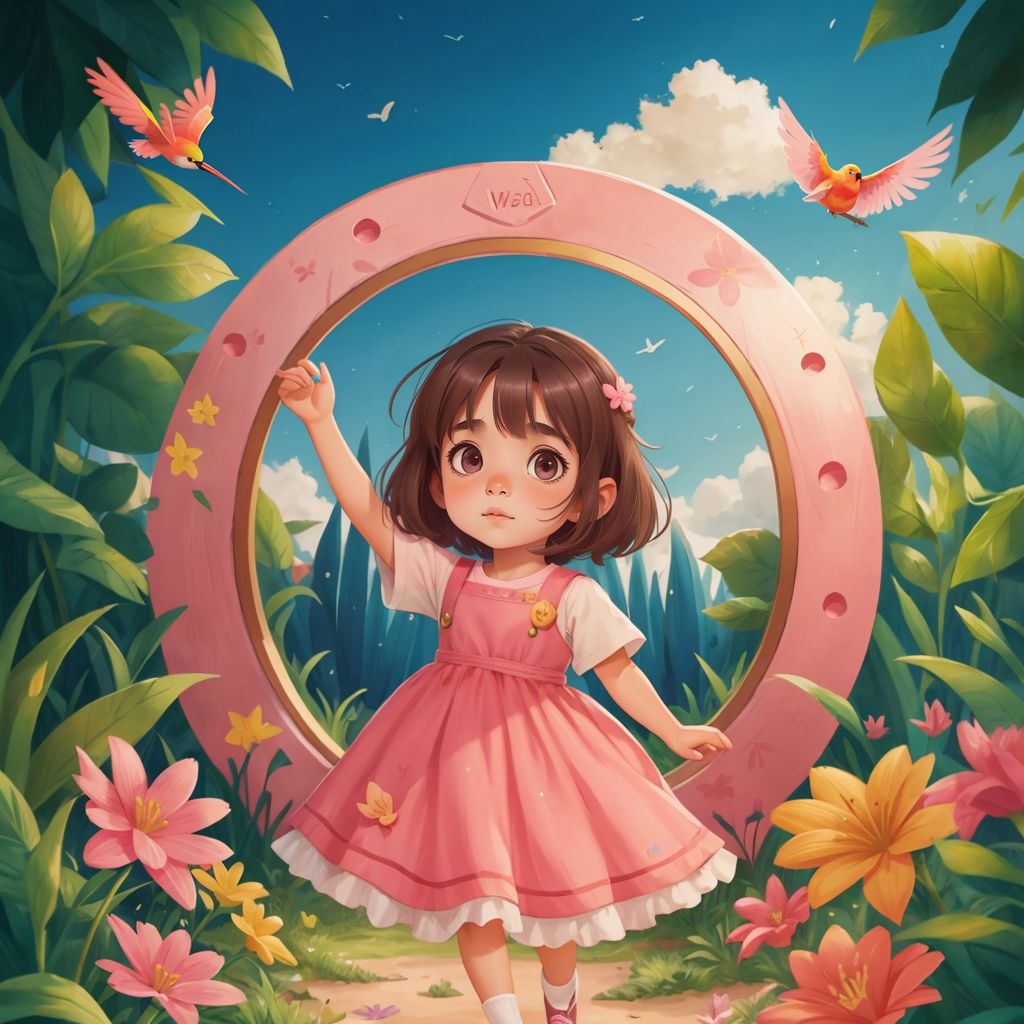

Recommend
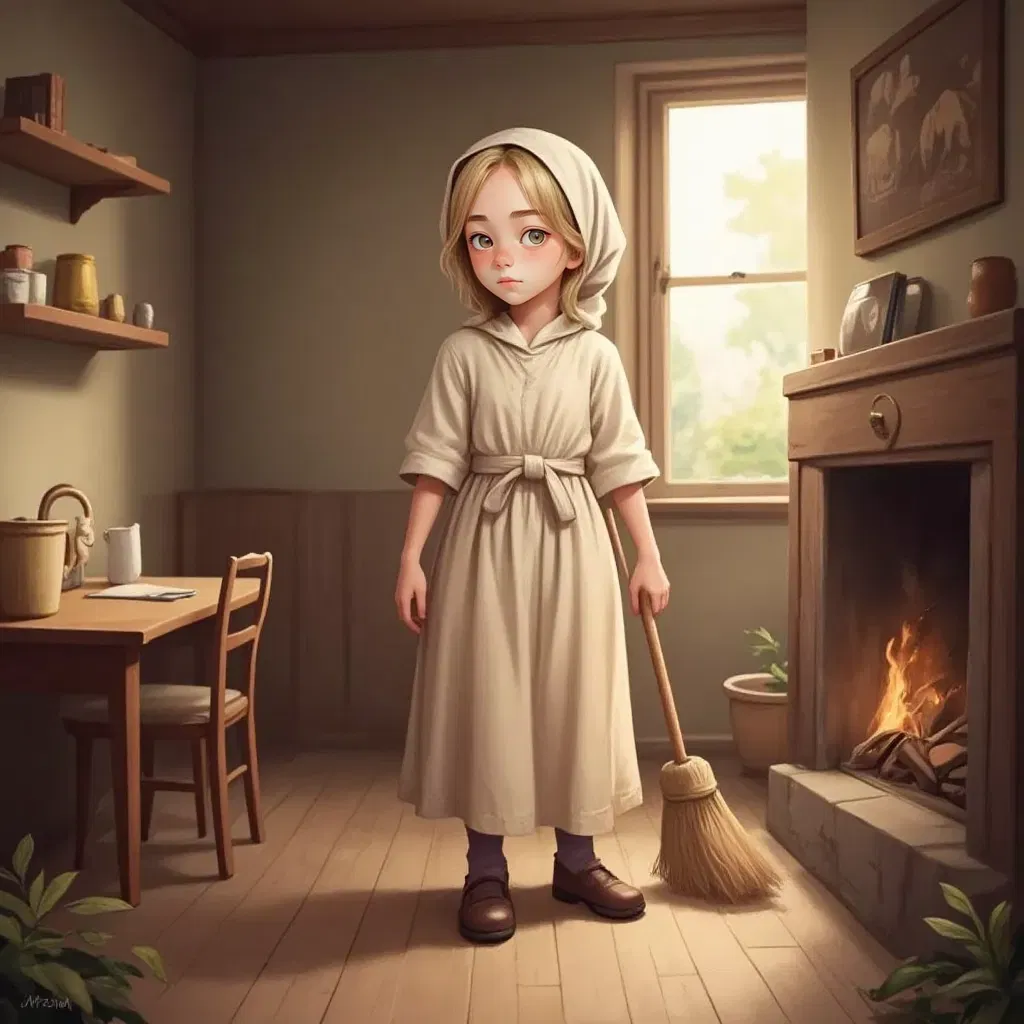
Сказка Золушка или хрустальная туфелька Шарля Перро рассказывает о бедной девушке, оставшейся без матери. Ей приходится жить со злой мачехой и её дочерьми. На помощь Золушке придет добрая фея и поможет найти настоящее счастье

"Our Father who art in heaven": Explain that God is like a loving father who is always watching over us from heaven. "Hallowed be thy name": This means we respect and honor God's name. You can relate this to how we treat our family names with respect. "Thy kingdom come": Talk about how we want God’s goodness and love to be present in our lives and the world. "Thy will be done on earth as it is in heaven": Explain that we want to do what God wants, just like we listen to our parents. "Give us this day our daily bread": This is asking God to provide for our needs, like food and love. "And forgive us our trespasses, as we forgive those who trespass against us": Discuss the importance of saying sorry and forgiving others when they hurt us. "And lead us not into temptation, but deliver us from evil": Explain that we ask God to help us make good choices and stay away from bad things.
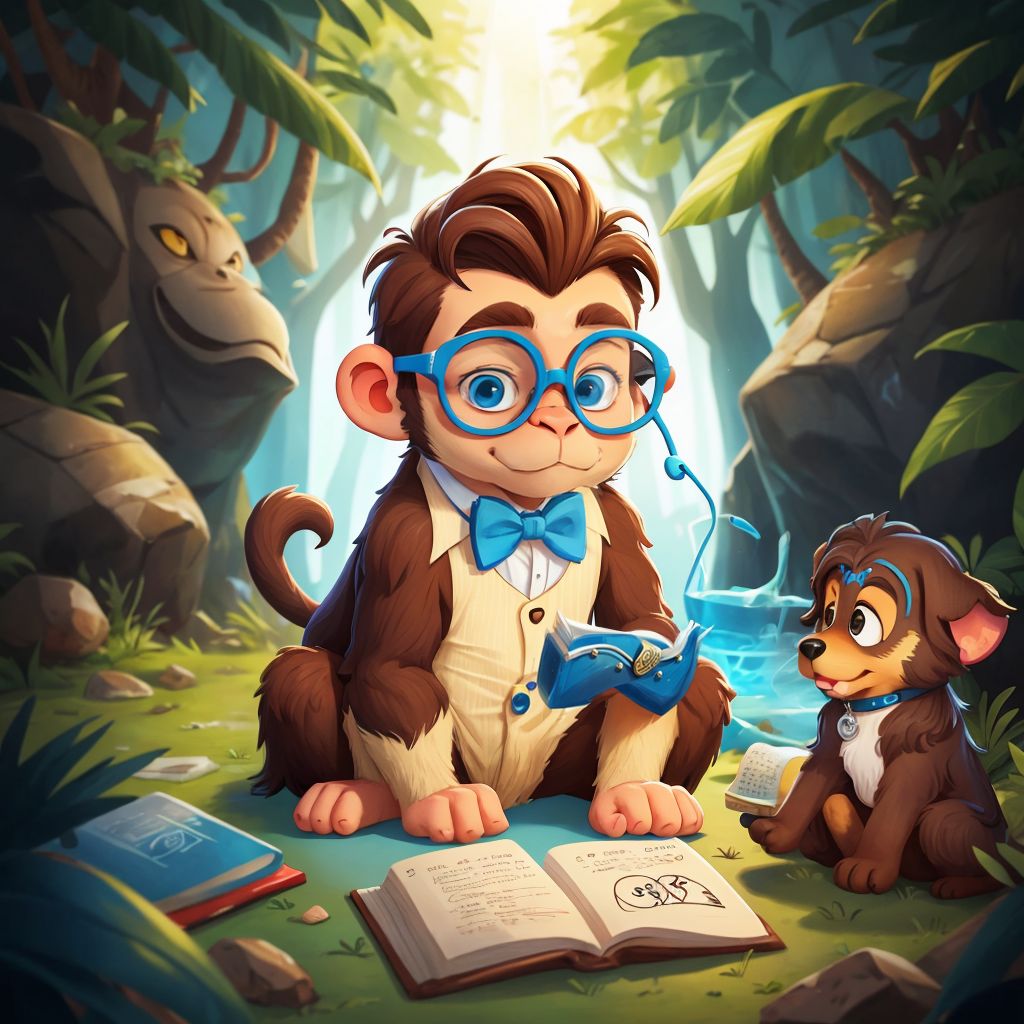
Deep in the heart of the jungle, Amigo the monkey and his friends stumble upon a mysterious, broken bracelet. To unlock its true magic, they must find four missing gems, each hidden in a challenging and daring spot! From towering cliffs to shimmering lakes, the friends embark on an unforgettable journey, discovering courage, teamwork, and the power of friendship. Will they restore the bracelet and uncover its secret? Join Amigo, Lola, Gigi, Skye, and Coco on this sparkling adventure full of heartwarming moments and exciting surprises!"

Lila loves spending time with her mom in their cozy apartment, where they bake cookies on rainy days. She also cherishes weekends at her dad’s house, where they build forts and tell stories under twinkling fairy lights. But sometimes, Lila feels like her heart is being stretched between two places. Two Homes, One Heart is a heartfelt story that gently explores the emotions children may experience when living between two homes. Through Lila’s journey, young readers will discover that love isn’t limited by walls or addresses—it lives in the moments shared with the people who care about them. With warm illustrations and tender storytelling, this book reassures children of separated or divorced parents that their hearts are big enough to hold love for both homes. Themes: Love, Family, Emotional Security, Coping with Change Target Age: 6–8 years Ideal For: Families navigating shared custody, educators, and counselors supporting children in blended family situations.
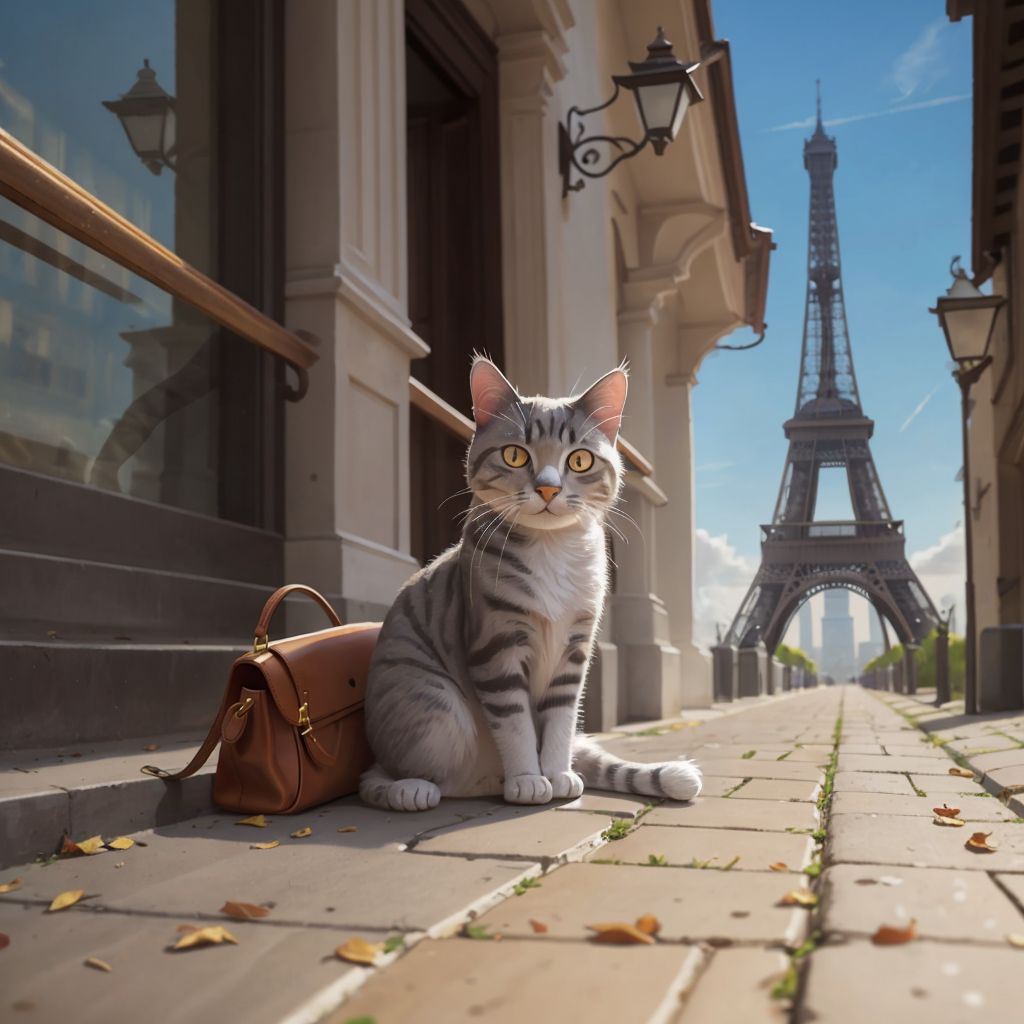
Пригоди кошеняти з іменем Лютик в Парижі і короткий опис того, як він в кінці знайшов собі хороший дім.
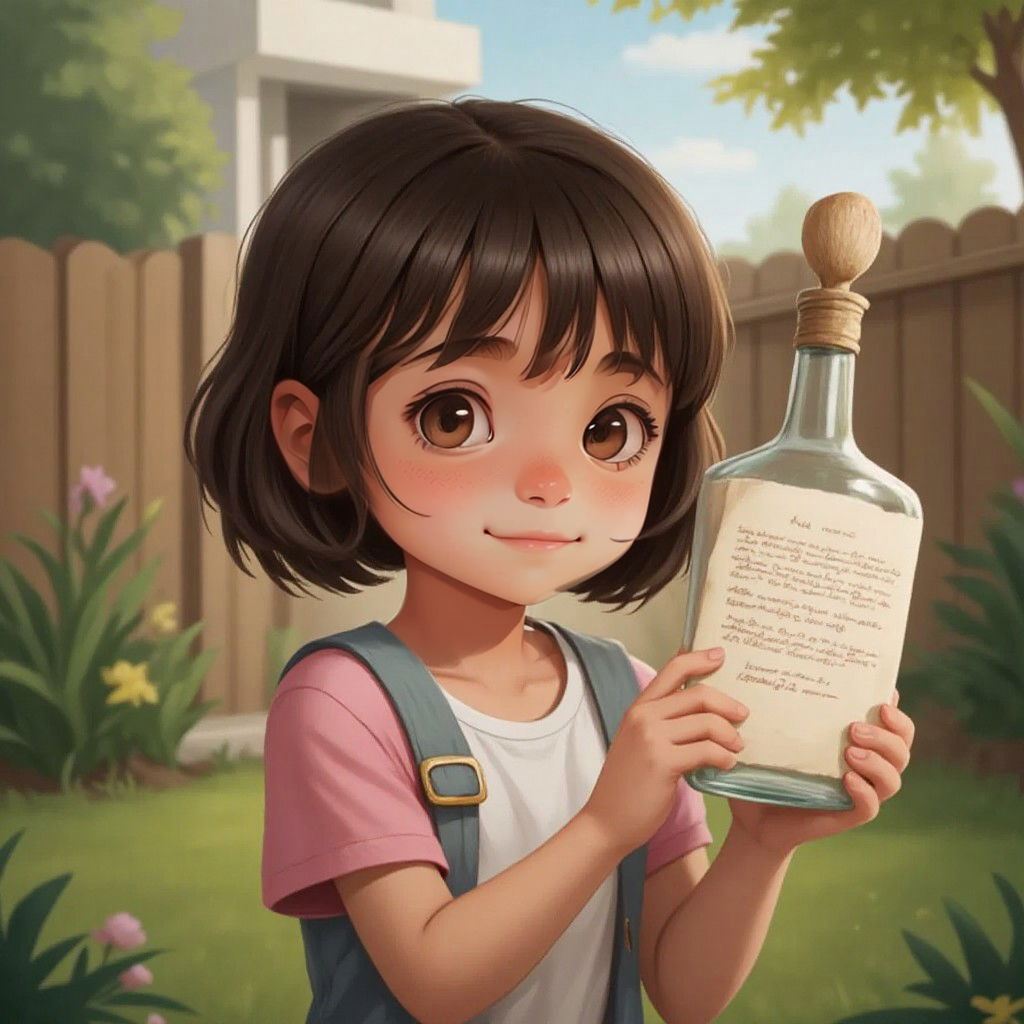
"Save the Amazon" is a colorful and engaging children's book designed to teach kids aged 6 to 12 about the importance of protecting the Amazon rainforest and the environment. Through bright, cartoon-like infographics, the book breaks down complex ideas like deforestation, climate change, and pollution into simple, digestible visuals that children can easily understand. Each page is filled with vibrant images that show how small actions—like wasting paper or buying harmful products—can impact the rainforest, all while offering easy, actionable solutions. The book emphasizes the power of individual choices, teaching kids that their actions, even in small ways, can make a big difference. The visuals are fun and memorable, such as a shrinking forest as paper is wasted, helping kids visually connect their behavior with the real-world consequences. With simple text and clear messages, "Save the Amazon" empowers kids to influence not only their own habits but also to inspire their families to take better care of the environment. The goal is to instill a sense of responsibility and urgency in young readers while making the learning process fun and easy to follow. Whether through illustrations of the water cycle, the food chain, or persuasive graphics about reducing pollution, this book uses infographics as a tool to encourage both education and action. With tools like Canva and InDesign, the book is both professional in design and approachable for young audiences, making it the perfect starting point for any child looking to learn how to make a positive impact on our planet. By the end of the book, children will not only have learned about the importance of the Amazon rainforest but will feel inspired to help protect it through simple, everyday choices.
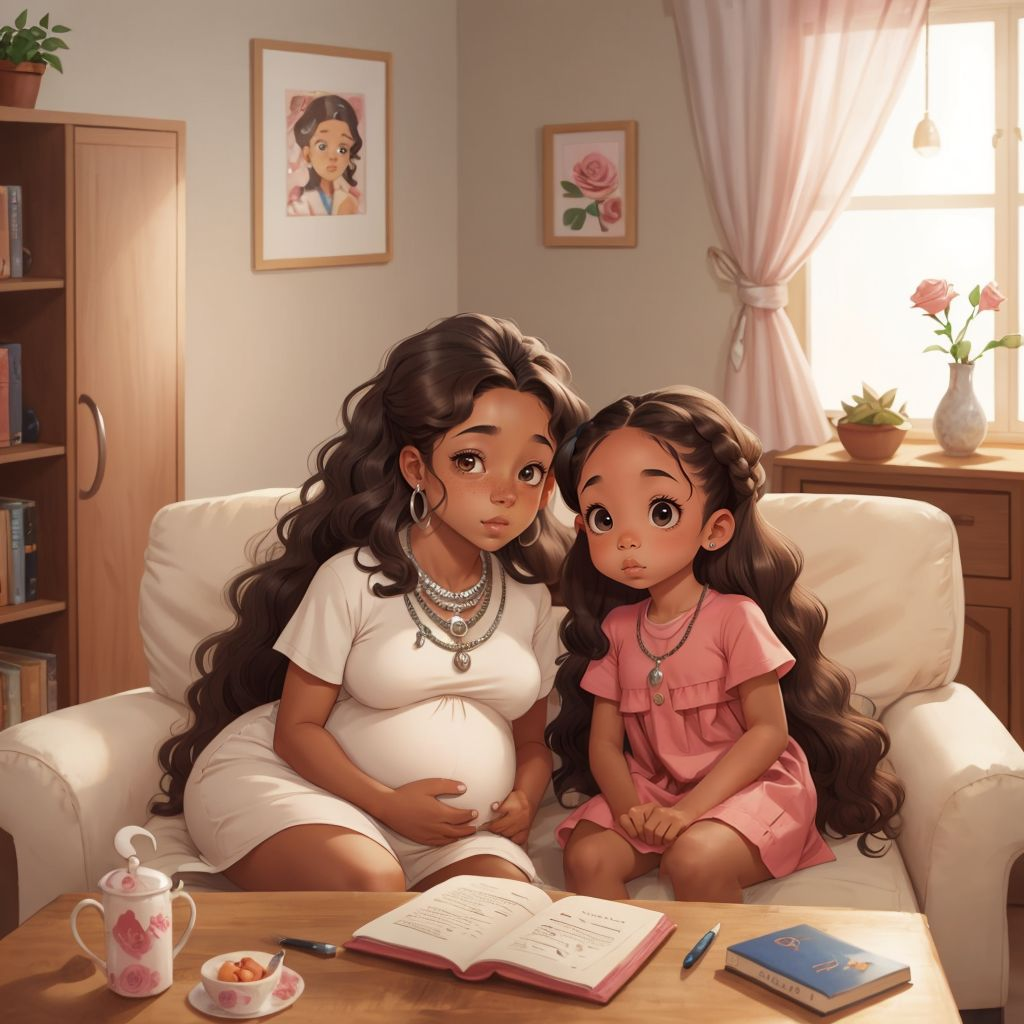
Kels and Mars are having a new baby. Kels and Mars has two children Heaven and Vaeh. Vaeh is not excited about a new baby. Veal dreams of a day with just her and her Kels before the new baby arrives. They leave Mars and Heaven behind and travel to a magical palace where they become princess for a day drink tea, dance and wear ball gowns.
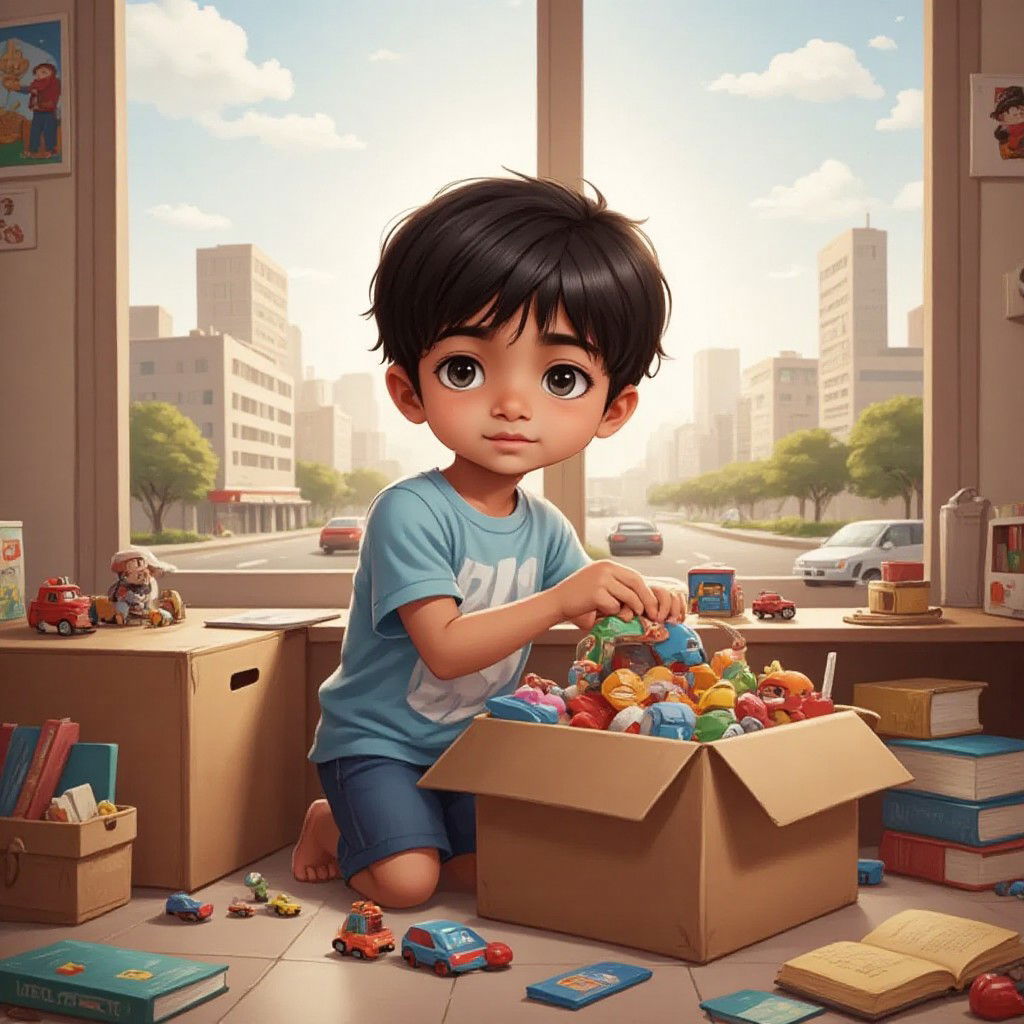
City Boy in Village is a delightful children's cartoon book that takes young readers on an exciting and heartwarming journey of discovery and adventure. The story follows Arjun, a curious and tech-savvy boy from the bustling city, who visits his grandparents in a quaint and picturesque village for the very first time.
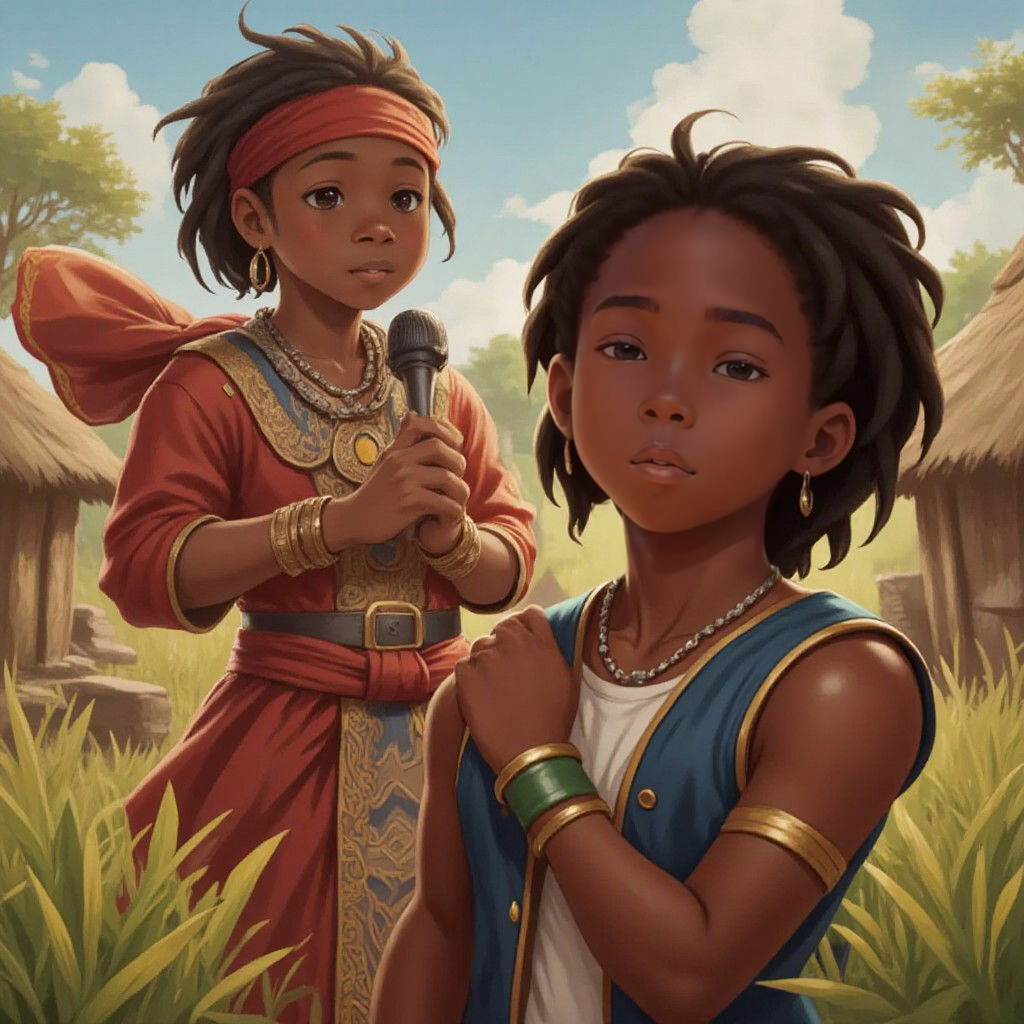
Xango never asked for greatness, but destiny has a way of pulling you into battles you can’t escape. As a young man living in an urban city, Xango discovers that he is the heir to the power of a legendary Yoruba warrior king. With his sister Nubia, who has spiritual powers tied to her piano, and the guidance of his mentor Nuru, Xango must step up to lead his people against the forces of D’Evils—a dark, corrupt group aiming to spread chaos. Along the way, Xango learns about *Iwa-Pele*, the power of balance, and the ancient wisdom of the ancestors. Together with his family and friends, he must embrace his new identity, face dangerous foes, and learn the true meaning of leadership.
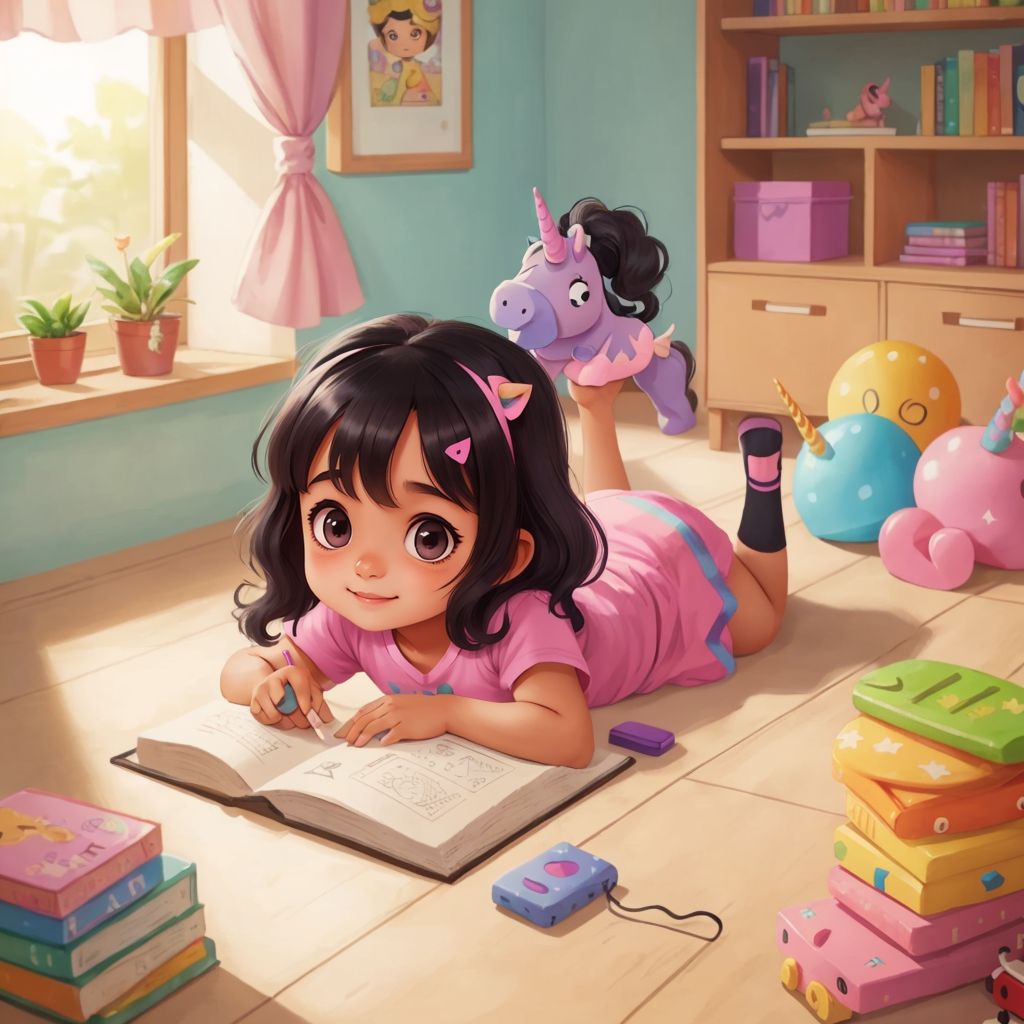
Stuti and her friends help donate her old toys to children who cannot afford to have them
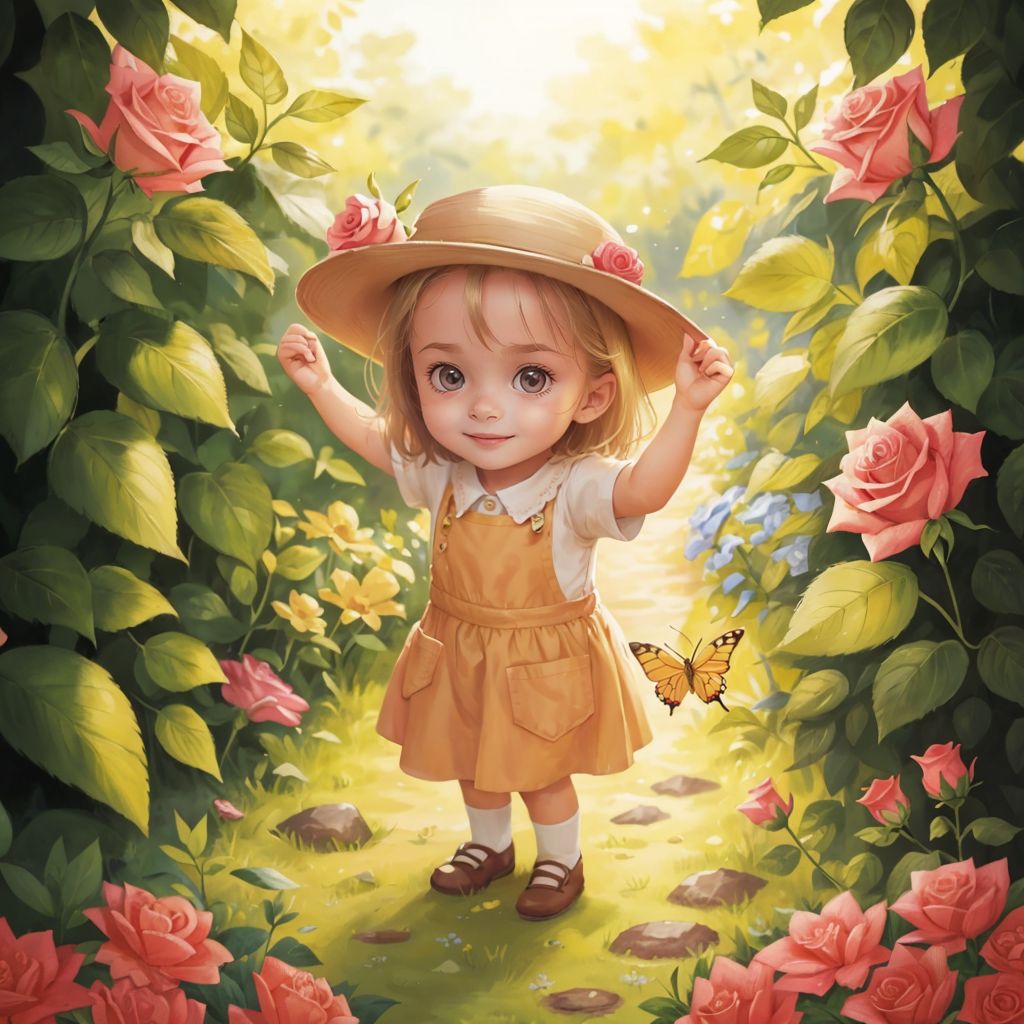
Every day is a magnificent adventure in Great Grandma's Garden! Naomi gets to have her own personal adventures every day in the garden. She meets all of her friends there, the butterfly, the dragonfly, the bumble bee, the honey bee, the queen bee, the lady bug, the cricket, the rock chuck, the baby trout, the grandpa trout, her koi friends Hopper and Dusty Shimmer along with the fancy goldfish friends. She meets many friends and goes on many adventures. Each day, each book is a new adventure and a new lesson from the Bible to share with her friends!
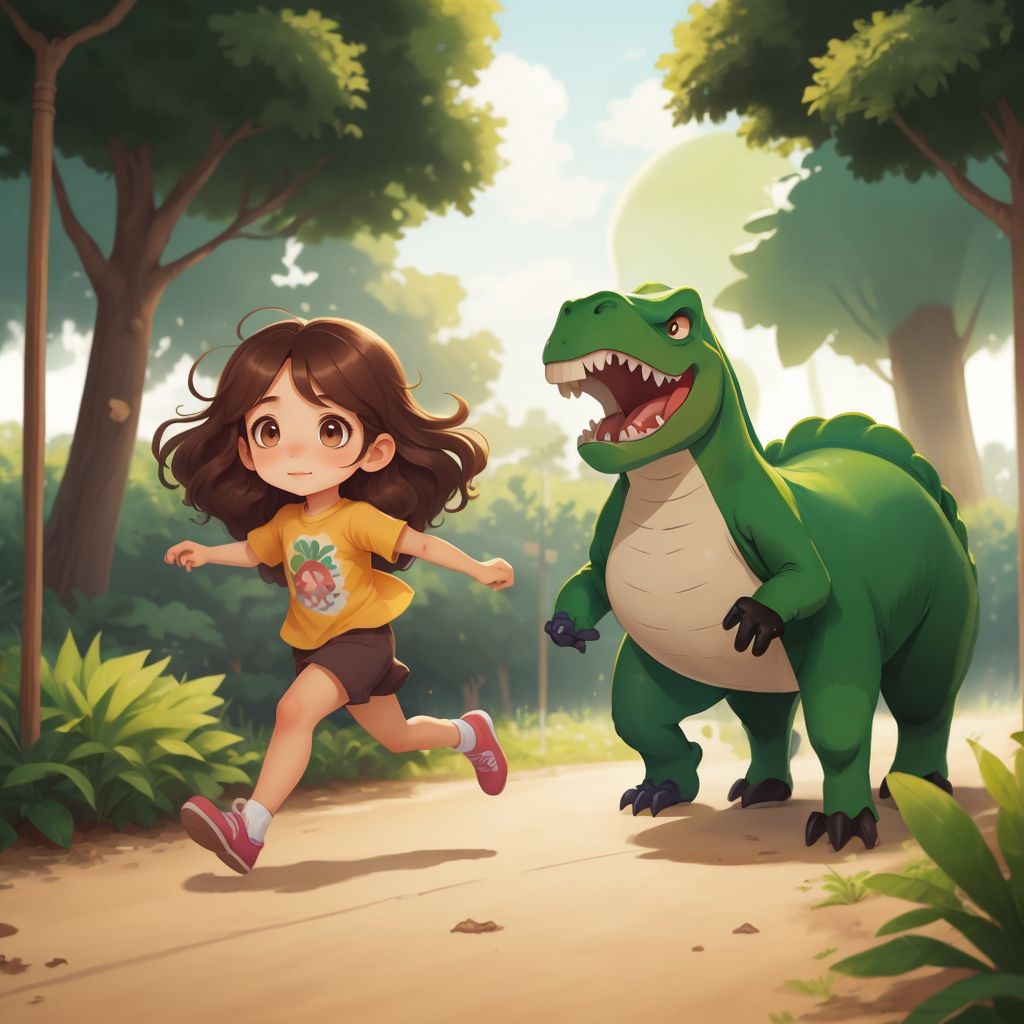
Avianna ran to the park, her curly brown hair and big brown eyes sparkling with excitement. She was meeting her best friend, Arlo, a big green T-Rex. Arlo waited by the swings, his tail swishing nervously. "Hi, Avianna!" he called, waving his tiny arms. Avianna smiled, ready for a fun day of Dino Soccer. They kicked the ball back and forth. Avianna was good, but Arlo struggled with his big feet. After a while, Arlo sighed. "I can't do it, Avianna. I'm not good at Dino Soccer," he said. Avianna sat beside him. "It's okay, Arlo. Everyone struggles at first. I had to practice too." Encouraged, Arlo tried again. They practiced daily, and little by little, Arlo improved. One day, Arlo dribbled past Avianna and scored. "I did it, Avianna!" he roared. Avianna hugged him. "You see, Arlo? Practice makes you better! I'm so proud of you!"

1. The Salmon of Knowledge in the River Boyne was said to grant wisdom to whoever tasted its flesh. Finegas, a wise poet, had tried for seven years to catch it. 2. A young warrior, Fionn, lived with Finegas, unaware of the legend. One spring morning, Finegas finally caught the salmon and asked Fionn to cook it, warning him not to eat any. 3. While cooking, Fionn burned his thumb and instinctively put it in his mouth. 3. When Fionn brought the cooked fish to Finegas, the poet noticed a new wisdom in Fionn’s eyes. Upon learning of the accidental taste, Finegas realized Fionn had gained the salmon’s wisdom. Though sad he wouldn’t be the wisest, Finegas was happy for Fionn. 4. Fionn later became the leader of the Fianna and their greatest warrior.
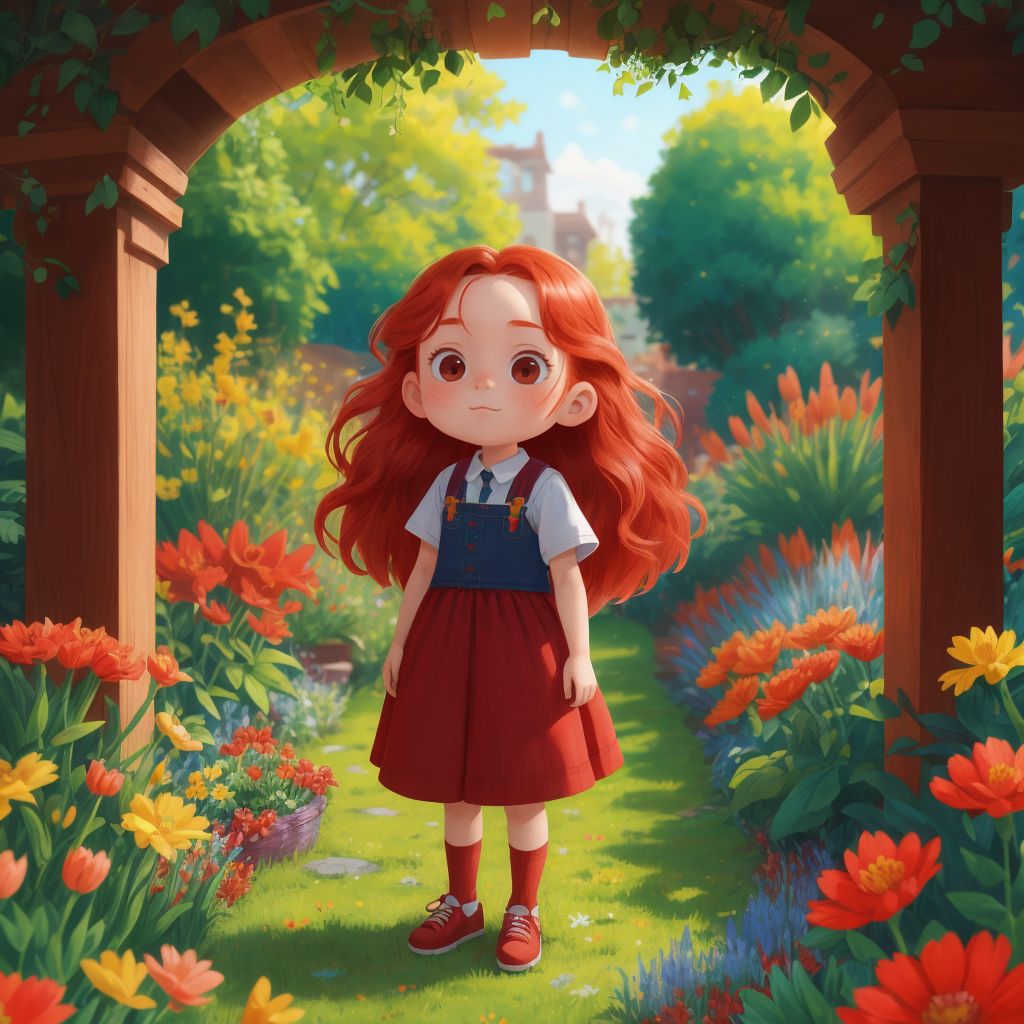
Once upon a time, in a kingdom of enchantment, lived a girl named Emily. Despite her adventurous spirit, Emily struggled with self-confidence.One day, while exploring the woods, Emily stumbled upon a hidden garden filled with vibrant flowers. Mesmerized, she asked an ancient oak tree why the flowers were so radiant."They bloom with confidence," the oak replied. Inspired, Emily vowed to believe in herself.As she journeyed through the kingdom, Emily faced challenges with determination, drawing upon her inner strength.With each triumph, Emily's confidence grew stronger until she shone with a light that rivaled the stars.Emily learned that true confidence comes from within – from embracing one's unique gifts and talents.With a smile on her lips and a twinkle in her eye, Emily ventured forth, ready to face whatever challenges lay ahead, knowing that as long as she believed in herself, she could achieve anything.
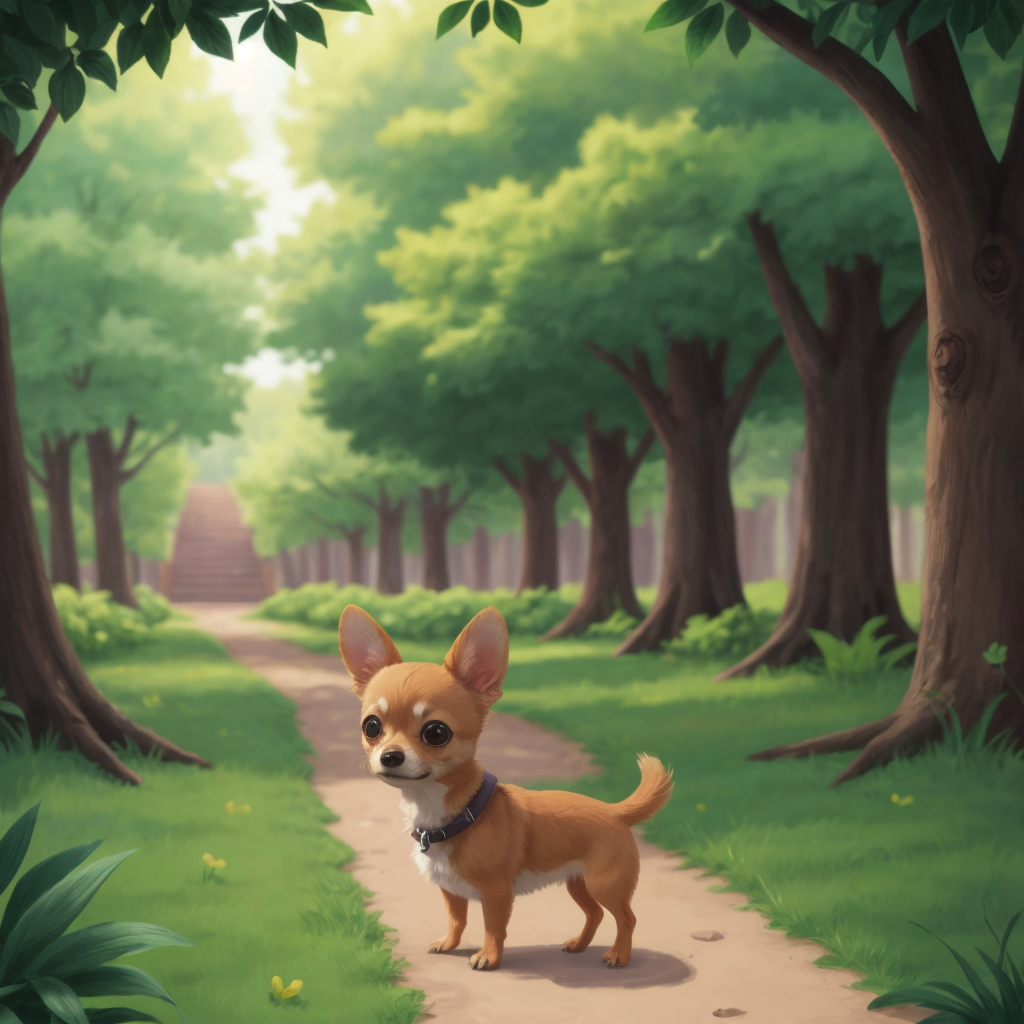
Two Dogs that are different breeds, have found friendship in each other and lead others to follow their very interesting life as they meet other breeds
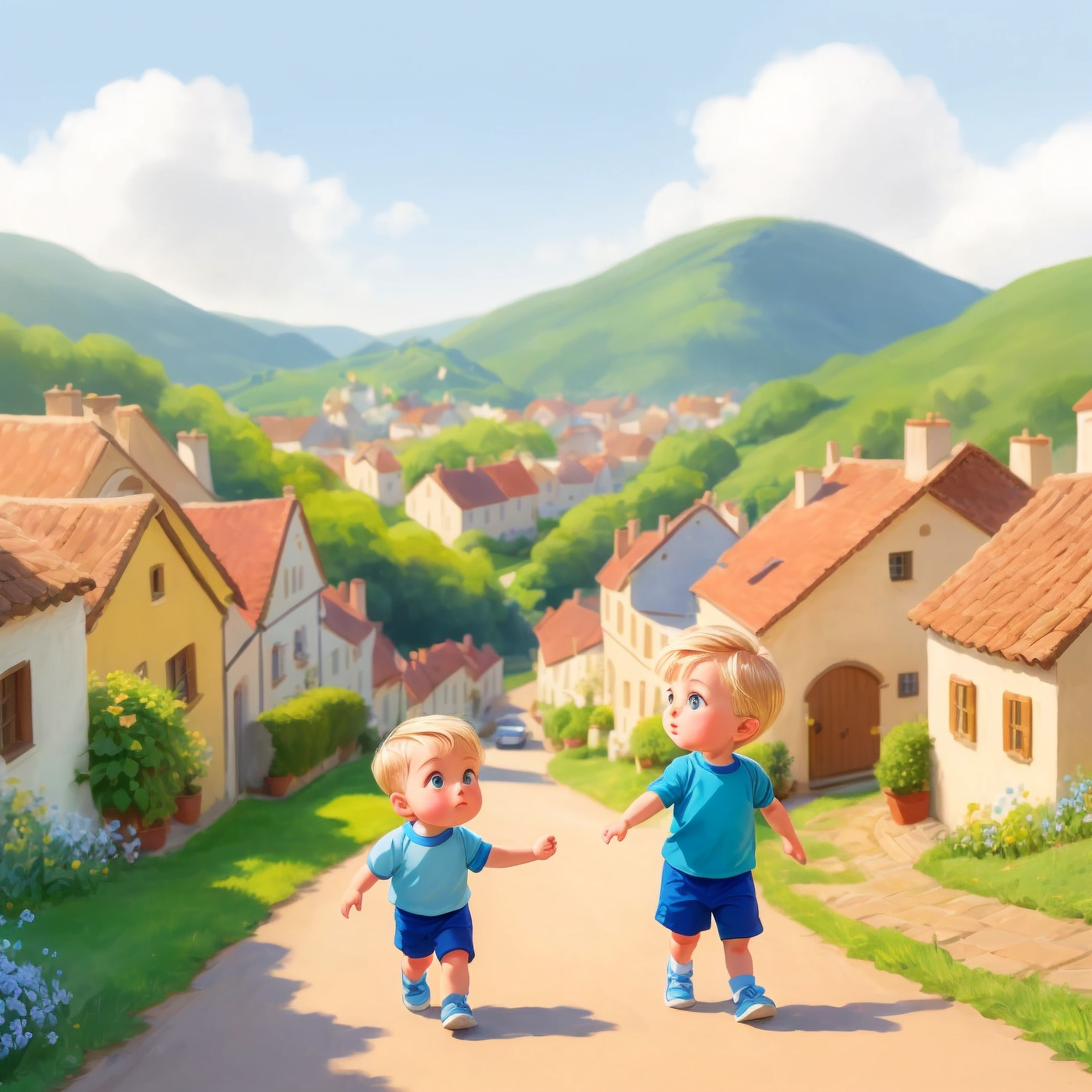
A blond boy is playing in an old timey village in the 1300s. He saves the village from a fire by peeing on a fuse to put it out before it happens.

1little marla with curly hair first day at school 2.Marla meets her first girlfriend and loves her very much 3.They find a cat in the schoolyard
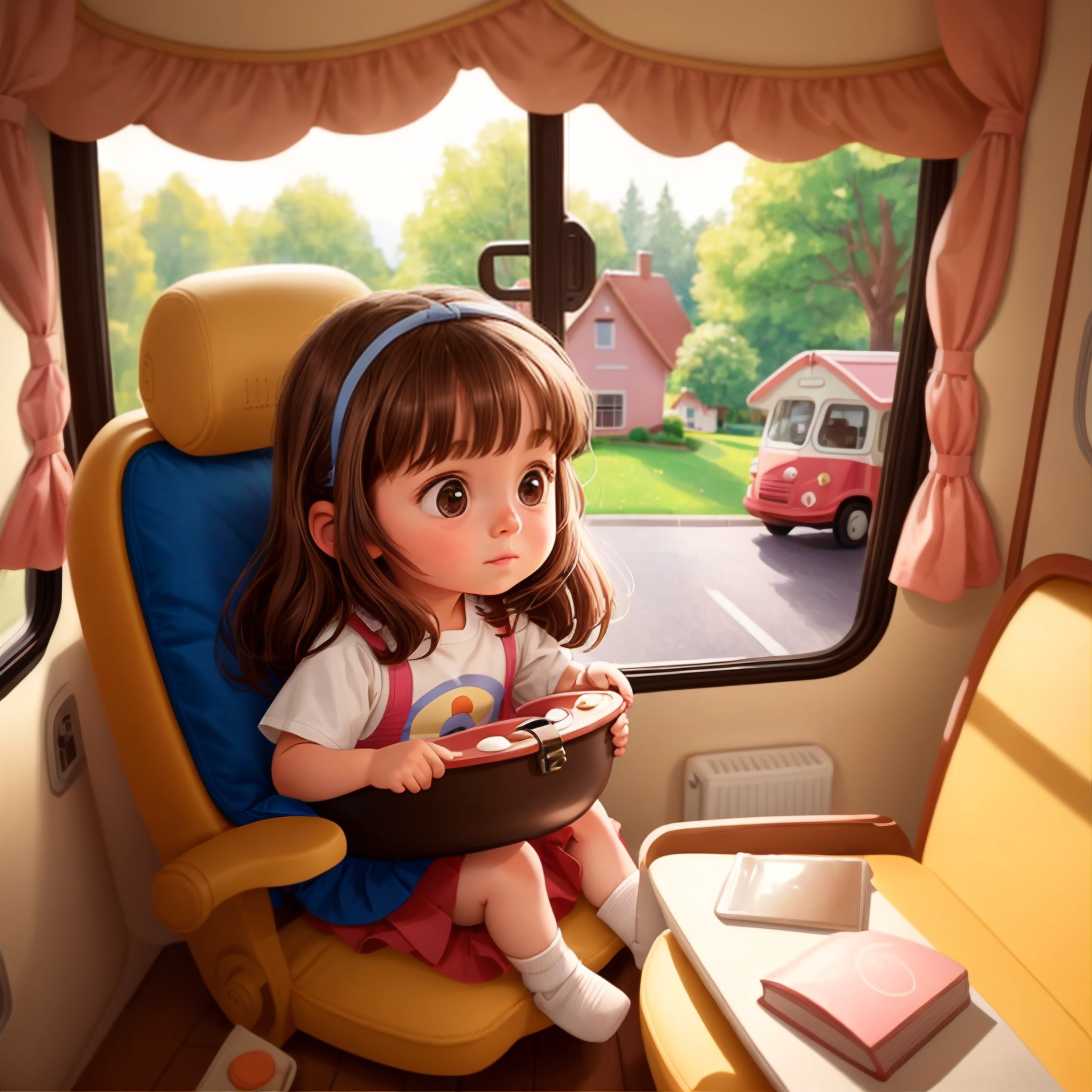
The family drives an RV to a vacation on the beach. They have an adventure that teaches them to be resourceful and think outside the box. They create great memories together. It is a family of 5, mom, dad and 3 kids.
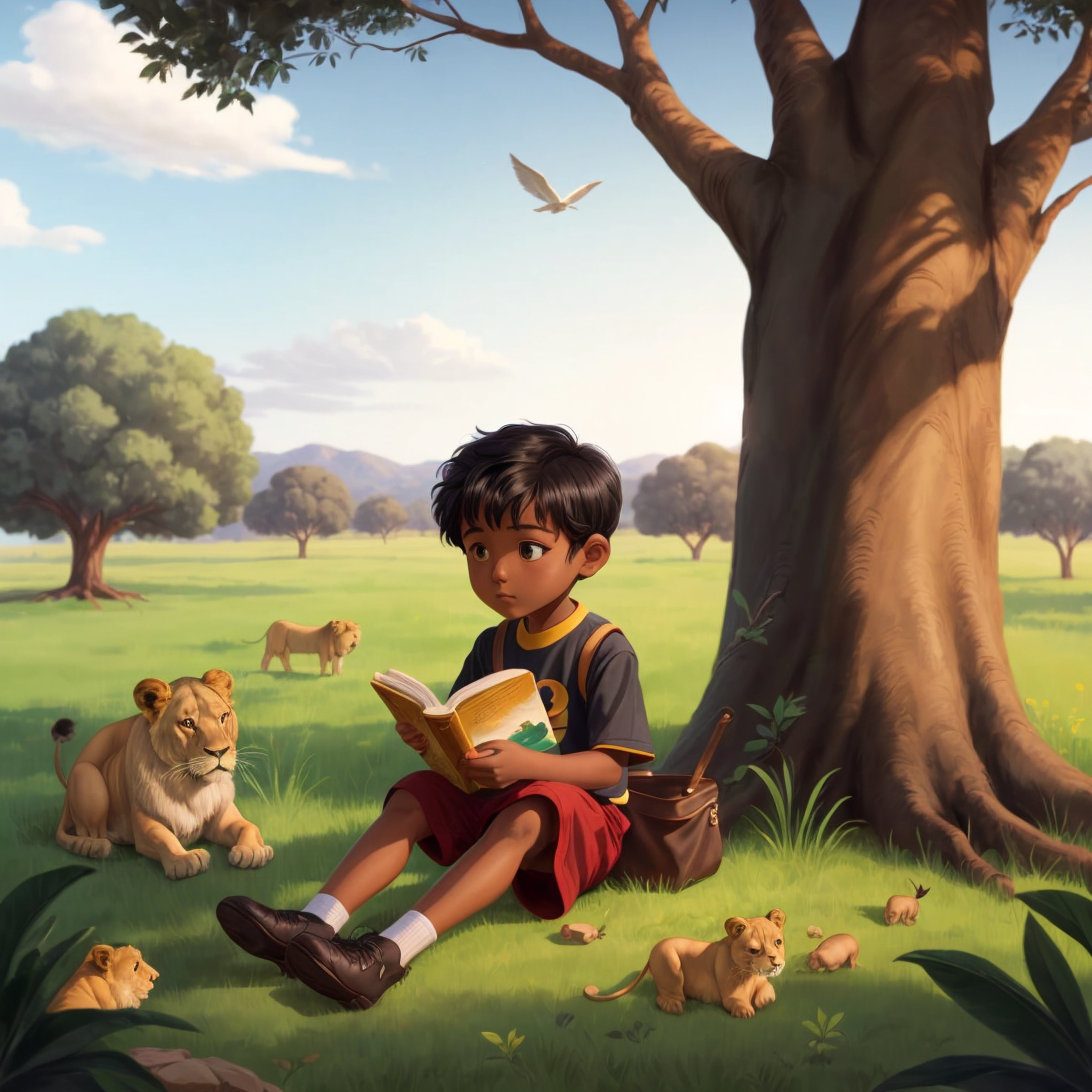
Jayden lives in an African village.He read a book about lions roaring and he wanted to have his own lion cub. One day he got one from his grandpa.

1There was a city called Los Angel, there used to be a girl living in that city, her name was Sophia. She is a fan of BTS, that's why everyone called her Army Girl. One day she had a dream. She dreamed that she is in South Korea, the country in which BTS lives.
